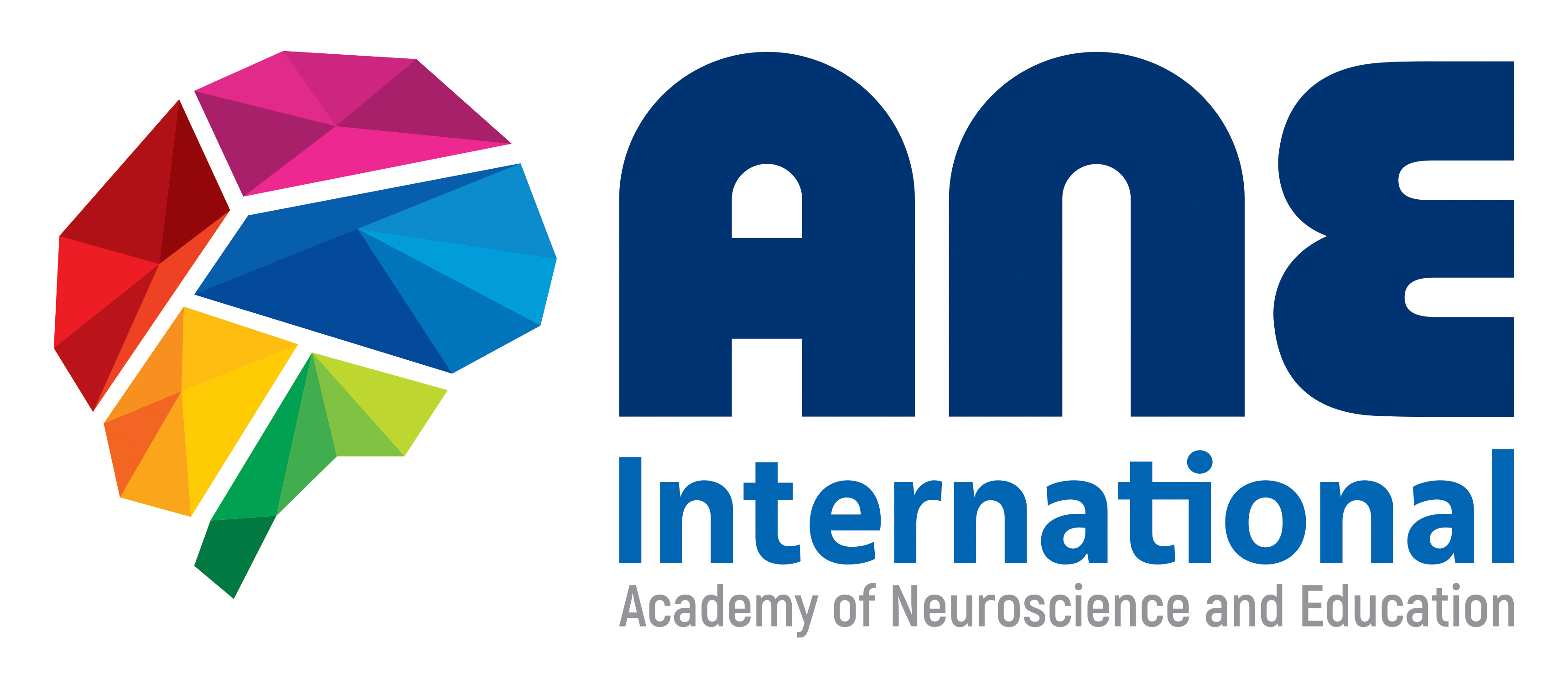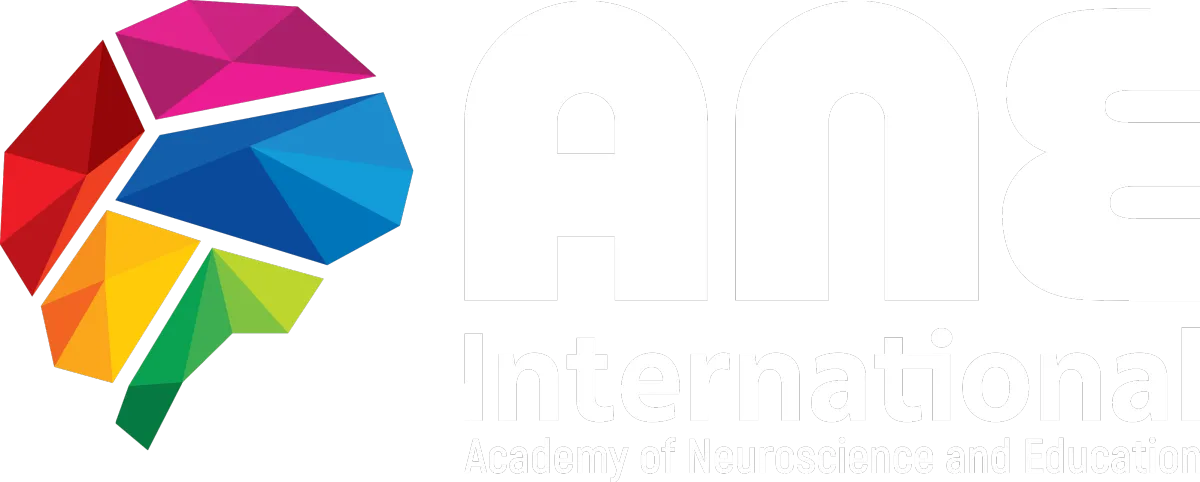TRANSFORMA VIDAS CON NEUROCIENCIA
Alcanza resultados excepcionales y acredita tu método con un sello científico único en tu sector.
ANE INTERNATIONAL- Academia de Neurociencia y Educación- Pionera y referente en fusionar ciencia, empresa y desarrollo personal.
LA MISIÓN DE ANE INTERNATIONAL
ANE International destaca como academia pionera en neurociencia de mayor contenido novedoso, práctico y sencillo específicamente diseñado para coaches, mentores y terapeutas con un aval científico internacional único en el sector.
Su misión es acercar el conocimiento sobre el cerebro y el comportamiento humano a profesionales como tú para que puedas ayudar tus clientes a desbloquear el máximo potencial mental.
¿QUÉ PUEDES CONSEGUIR SI TE UNES A LA ACADEMIA?

OPTIMIZACIÓN DE TUS PROCESOS
Aumenta la efectividad de tus métodos y obtén resultados extraordinarios con tus clientes a través de prácticas herramientas y conocimiento de rigor científico.

MAYOR SEGURIDAD CON RIGUROSIDAD
Profundiza tu comprensión sobre los mecanismos cerebrales del comportamiento humano y ayuda a tus clientes a tomar consciencia de su potencial mental.
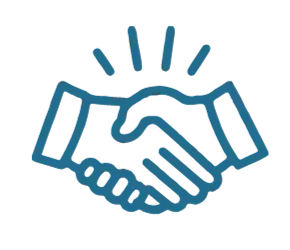
ATRACCIÓN DE NUEVOS CLIENTES
Destaca en tu sector con un sello científico internacional único en el mercado y materiales elaborados por científicos y expertos en la aplicación a los negocios.
CURSOS Y PROGRAMAS DE FORMACIÓN EN NEUROCIENCIA
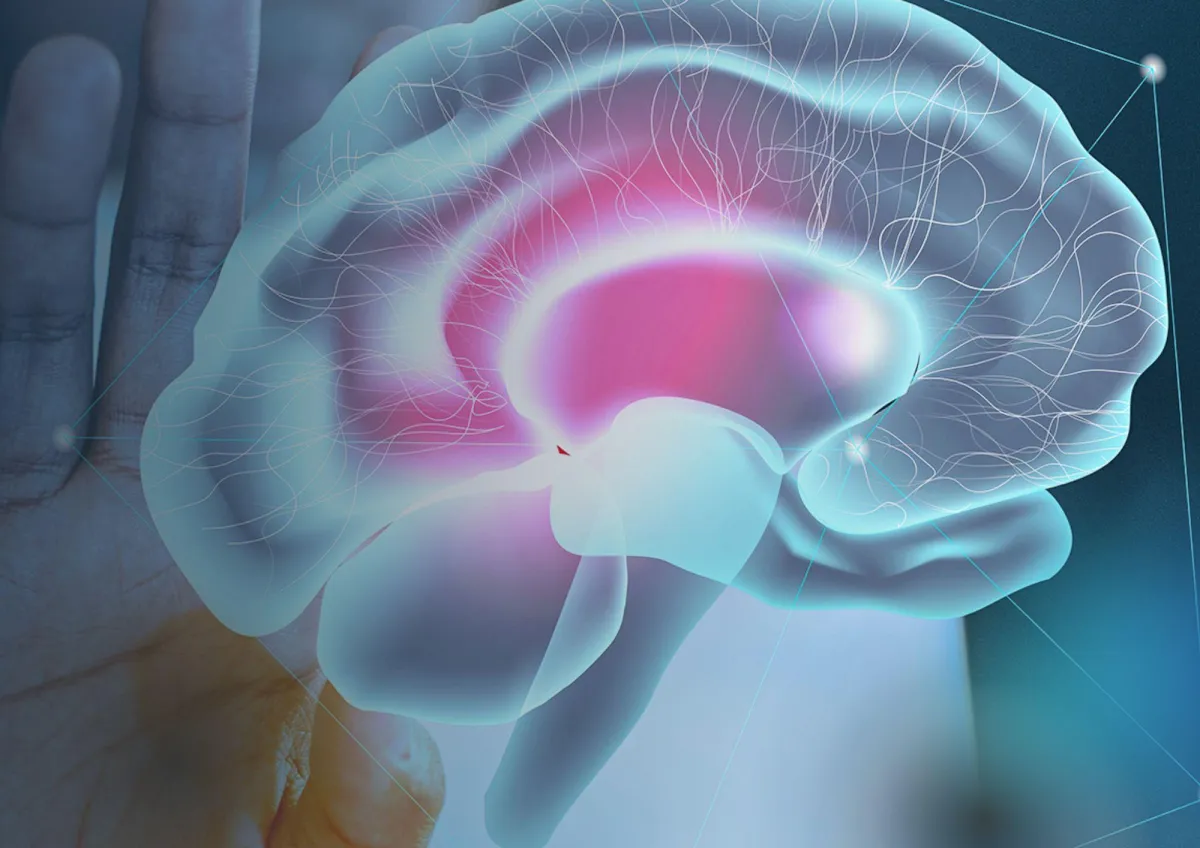
MÁSTER EN NEUROCIENCIA
Te dedicas al coaching, el mentoring, la formación o las terapias y quieres profundizar en el conocimiento del cerebro para ofrecer a tus clientes la máxima eficiencia en la obtención de sus objetivos. Distínguete en el mercado utilizando fuentes empíricas de neurociencia.
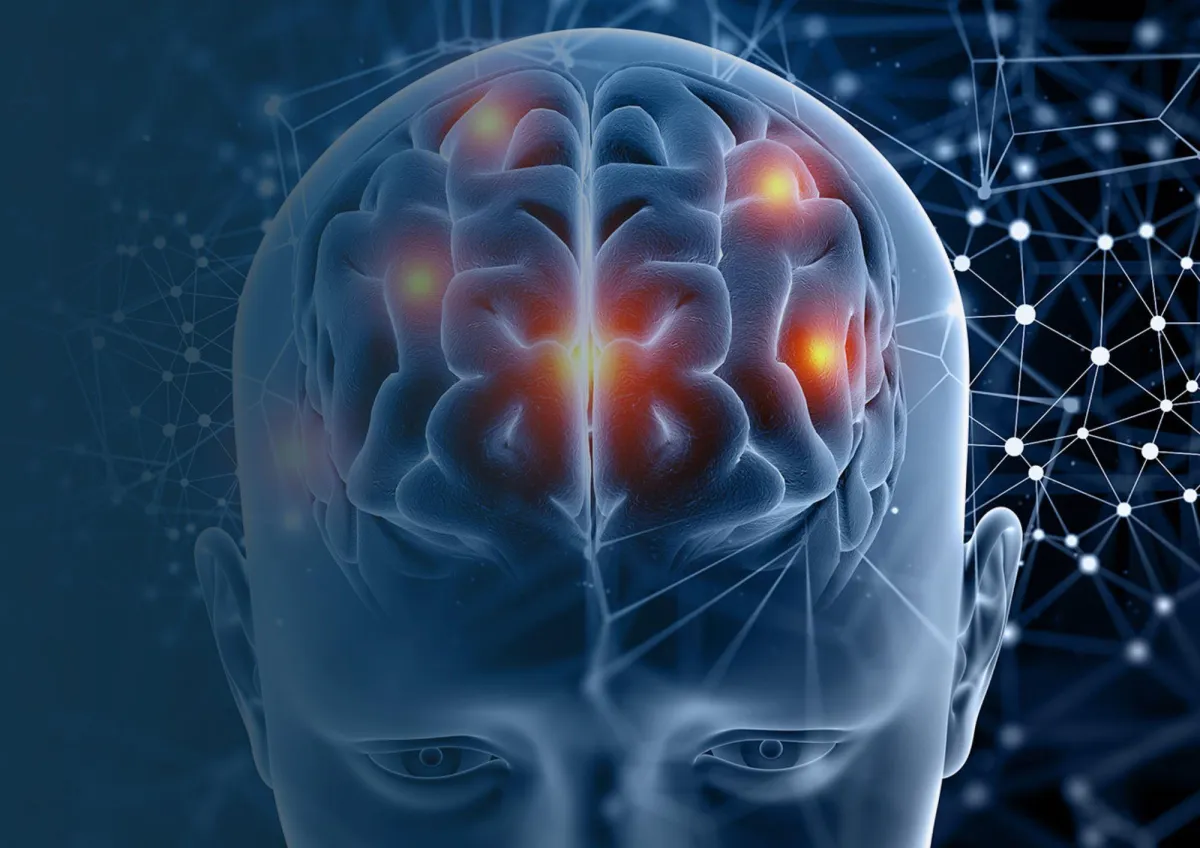
NEURO ESPECIALIZACIONES
Si te dedicas a
un ámbito muy concreto
de coaching, mentoring, terapias o a la formación continua, certificate en una de nuestras Especializaciones:
Neuroformación, Neuroliderazgo, Neuroempoderamiento, Neurobienestar, euroventas o Neuromagia.
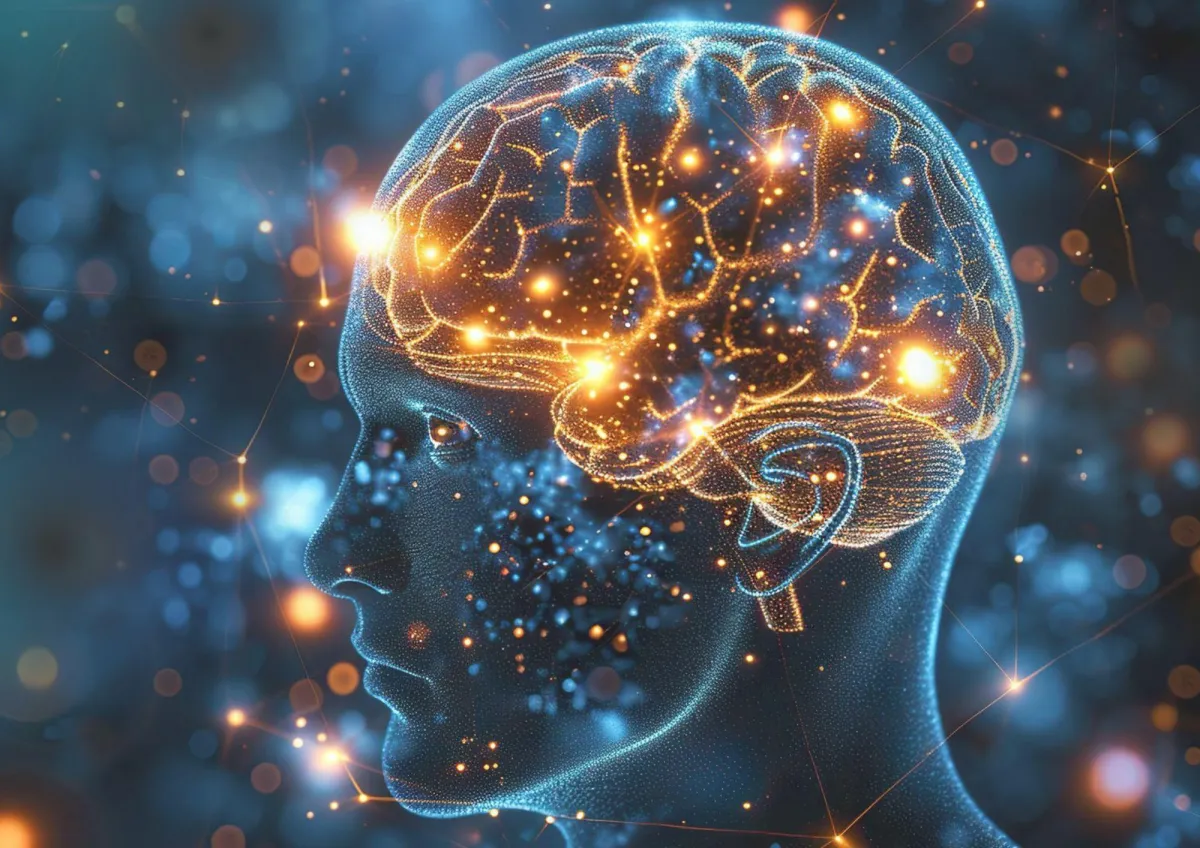
NEUROTRAININGS
Adéntrate en la neurociencia y aprende fantásticos conocimientos que
actualizamos trimestralmente.
Participa y utiliza los materiales de aplicación en tu profesión. O adquiere alguno de nuestros cursos en diferido.
"El siglo pasado fue el siglo de la información,
y este es el siglo de la neurociencia"
Eric Kandel, premio nobel de ciencia, 2000. Colaborador de la Academia.
OPINIONES DE NUESTRA COMUNIDAD
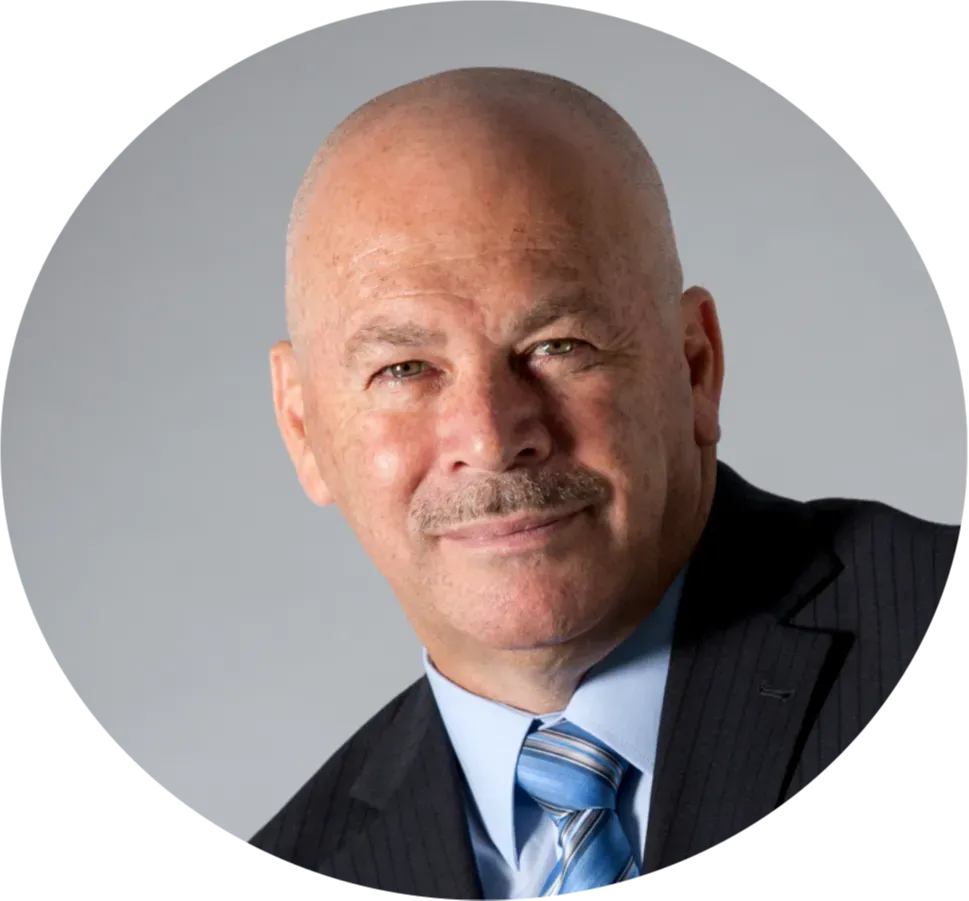
Pastor Luis Fernández
" No he visto un material con tanta profundidad y contenido científico y de tal aplicabilidad en ninguna universidad"
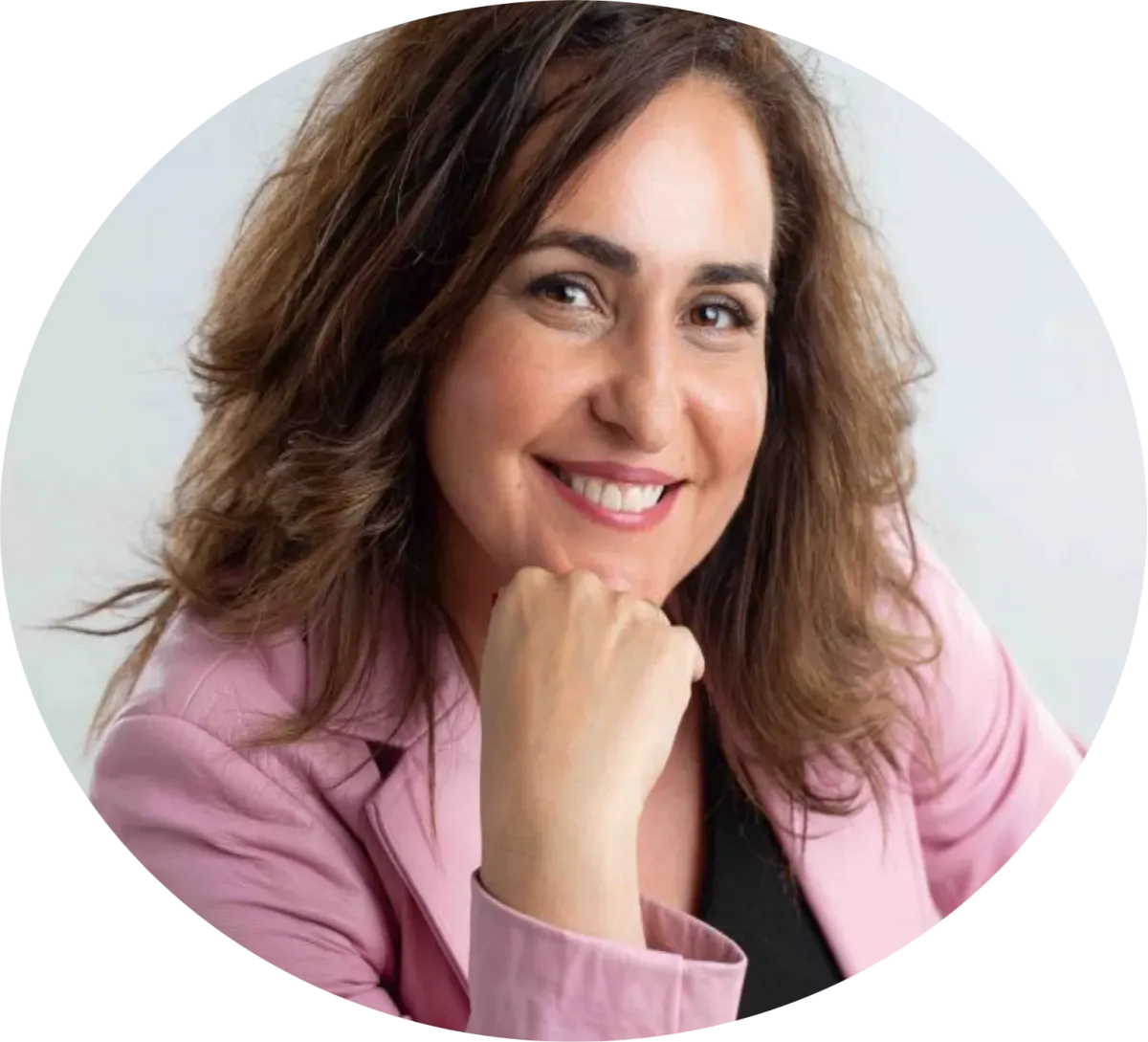
Maite G. Checa
“Nos fascina la formación continua de alto rigor científico que aporta ANE International"
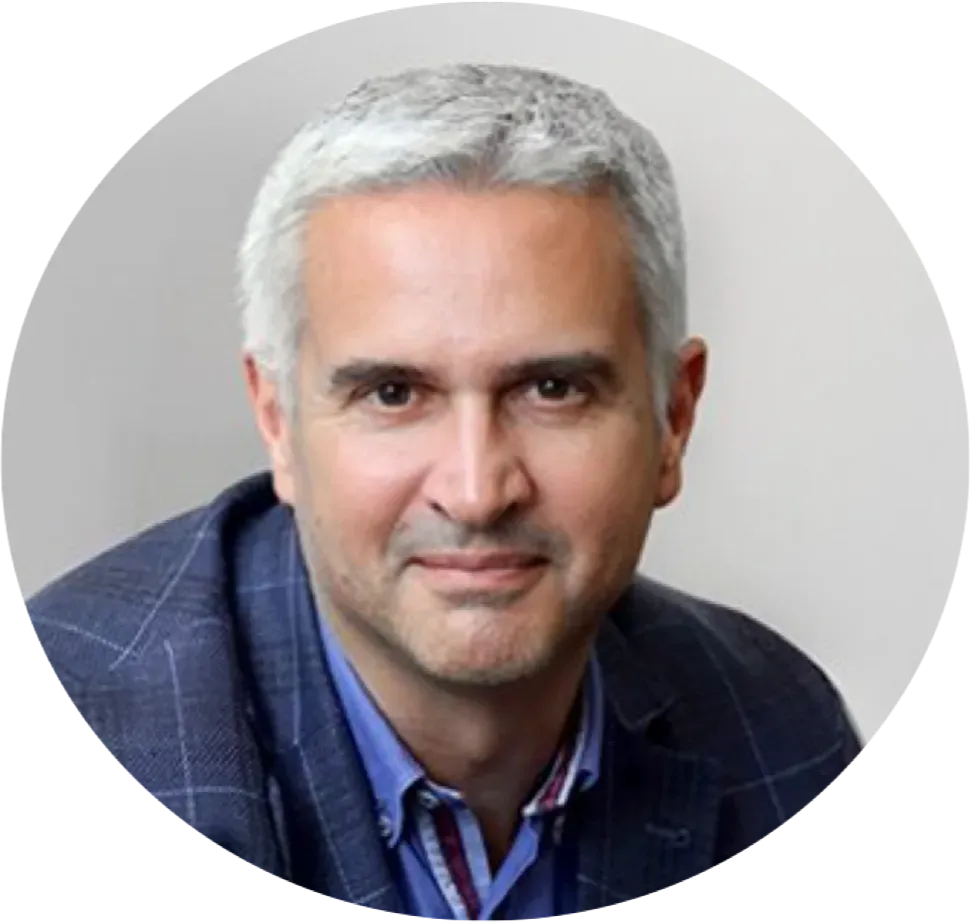
Luís Font
ANE tiene una cantidad brutal de contenido y herramientas prácticas contrastadas y avaladas científicamente.
ANE INTERNATIONAL HA PARTICIPADO EN PELÍCULAS DOCUMENTALES, CONGRESOS, RADIO, COLABORADO CON UNIVERSIDADES Y ESCRITO ARTÍCULOS PARA NUMEROSOS PERIODICOS …

ACREDITACIONES EN NEUROCIENCIA
Avala tu programa
Si tienes tu propia escuela o institución y quieres introducir la neurociencia en tu formación o método, avala tu experiencia con un certificado científico internacional de máxima rigurosidad y excelencia, único en el mercado.
HAN AVALADO SUS PROGRAMAS CON EL SELLO CIENTÍFICO INTERNACIONAL

